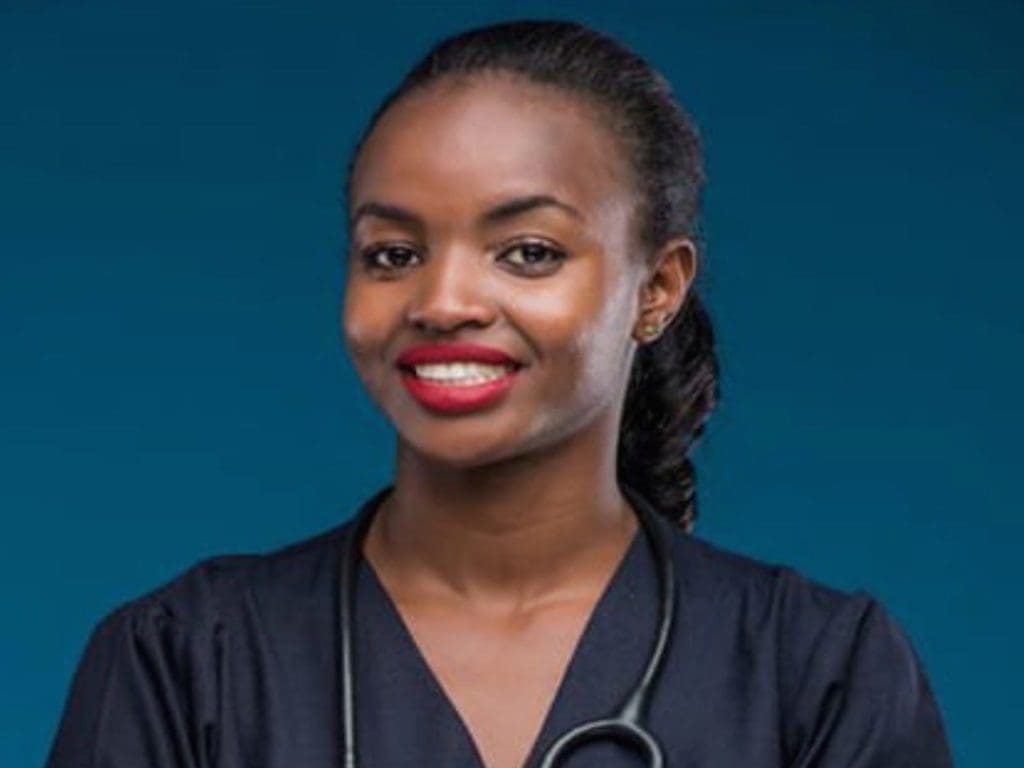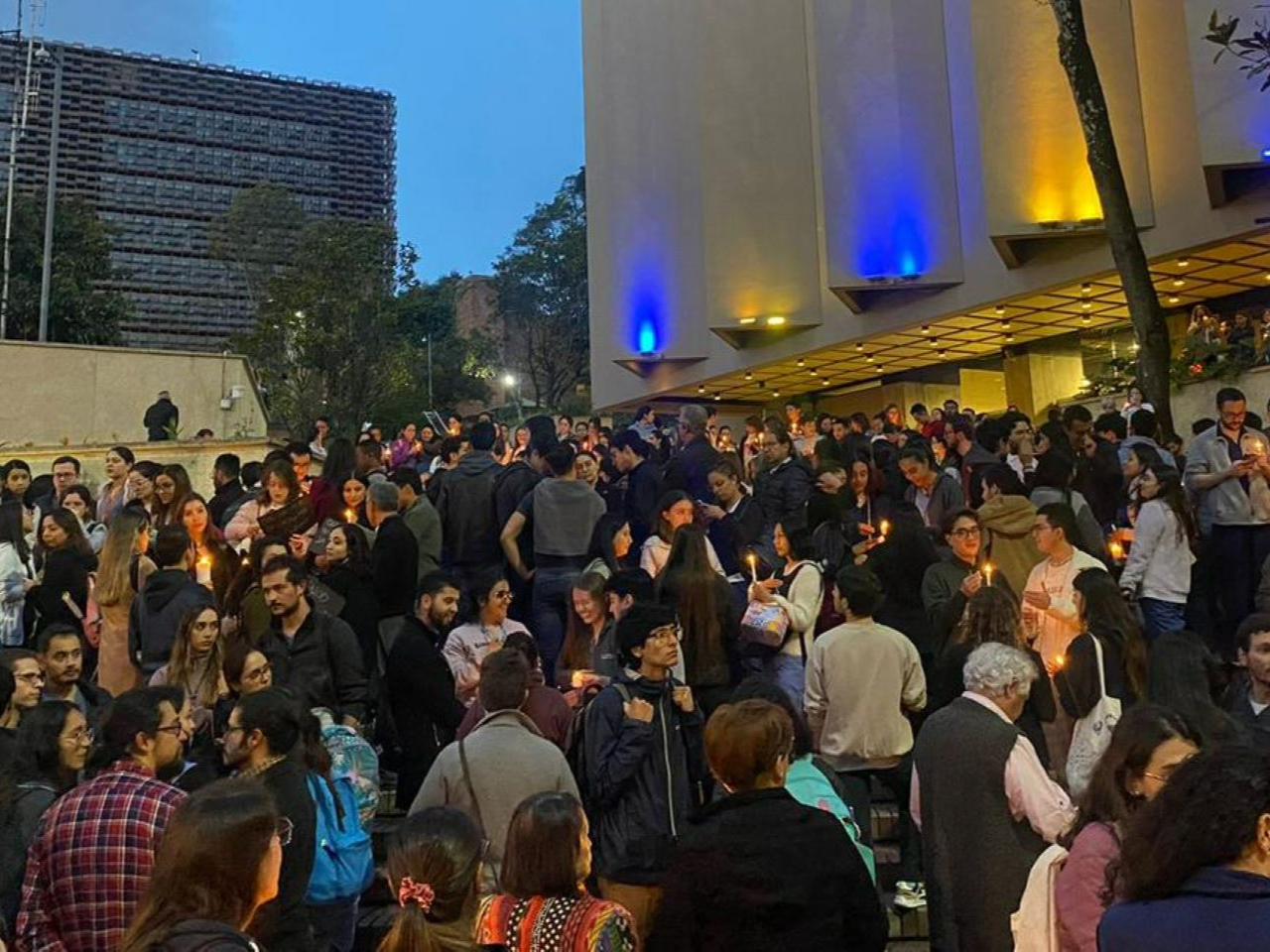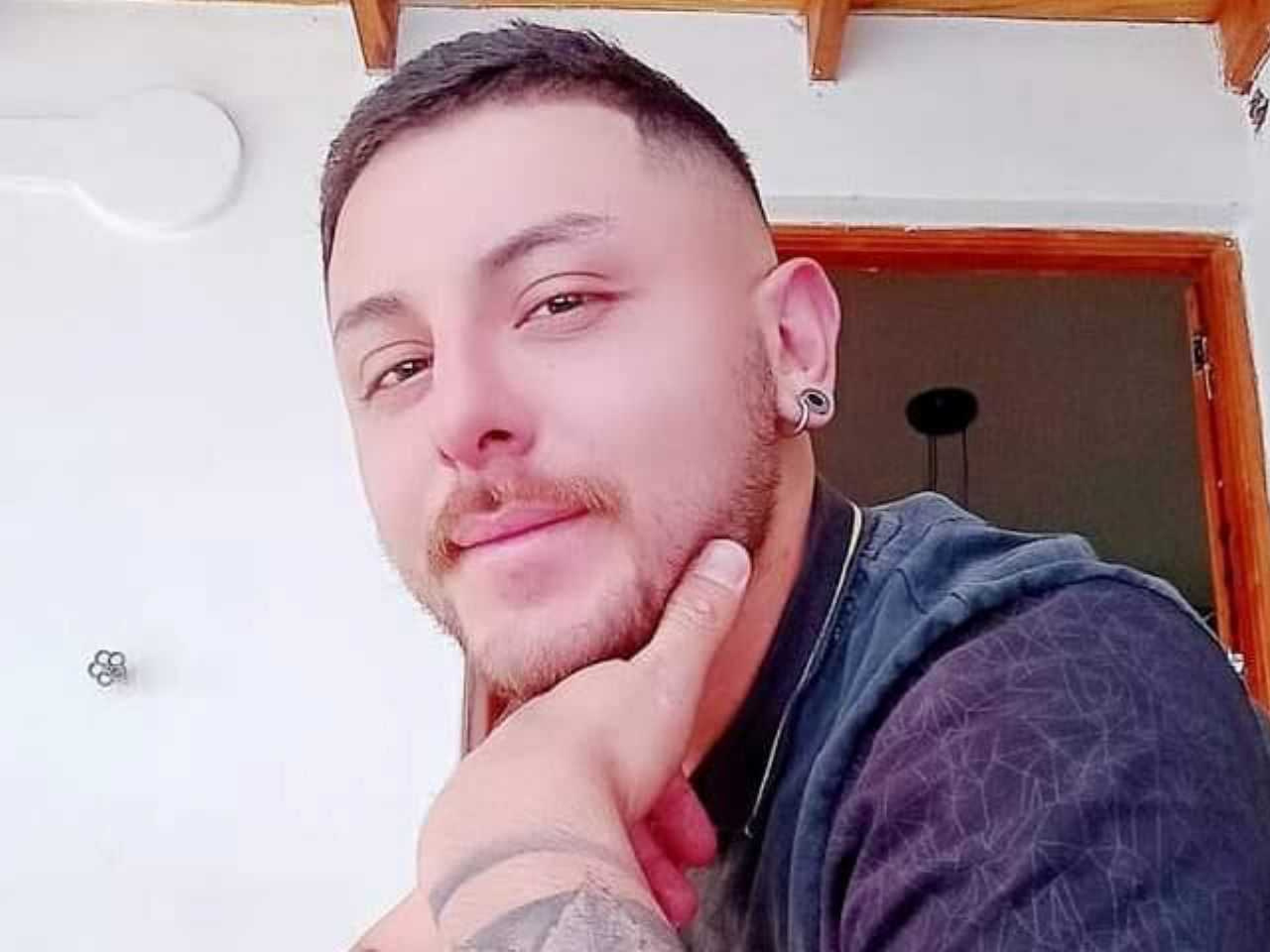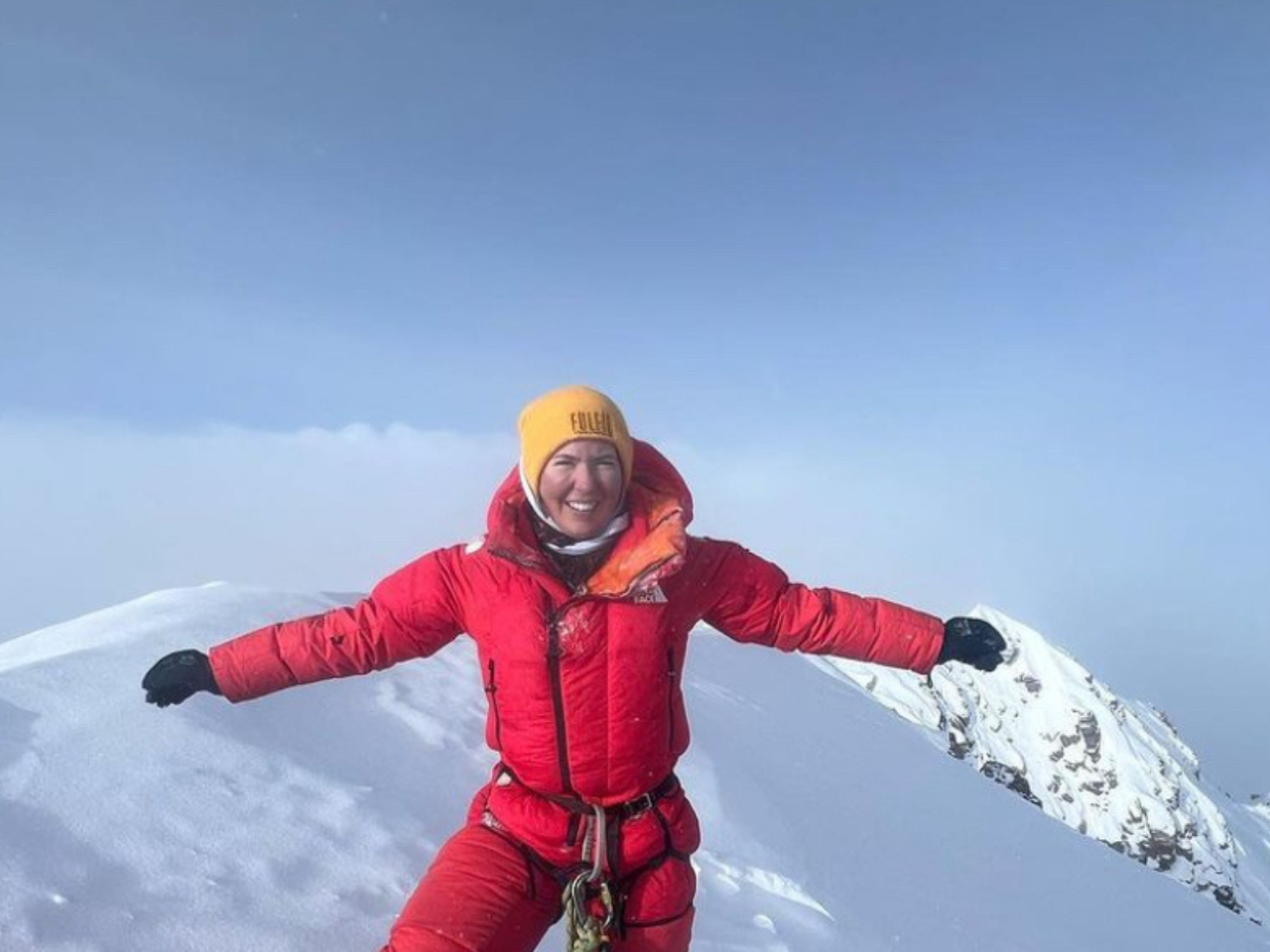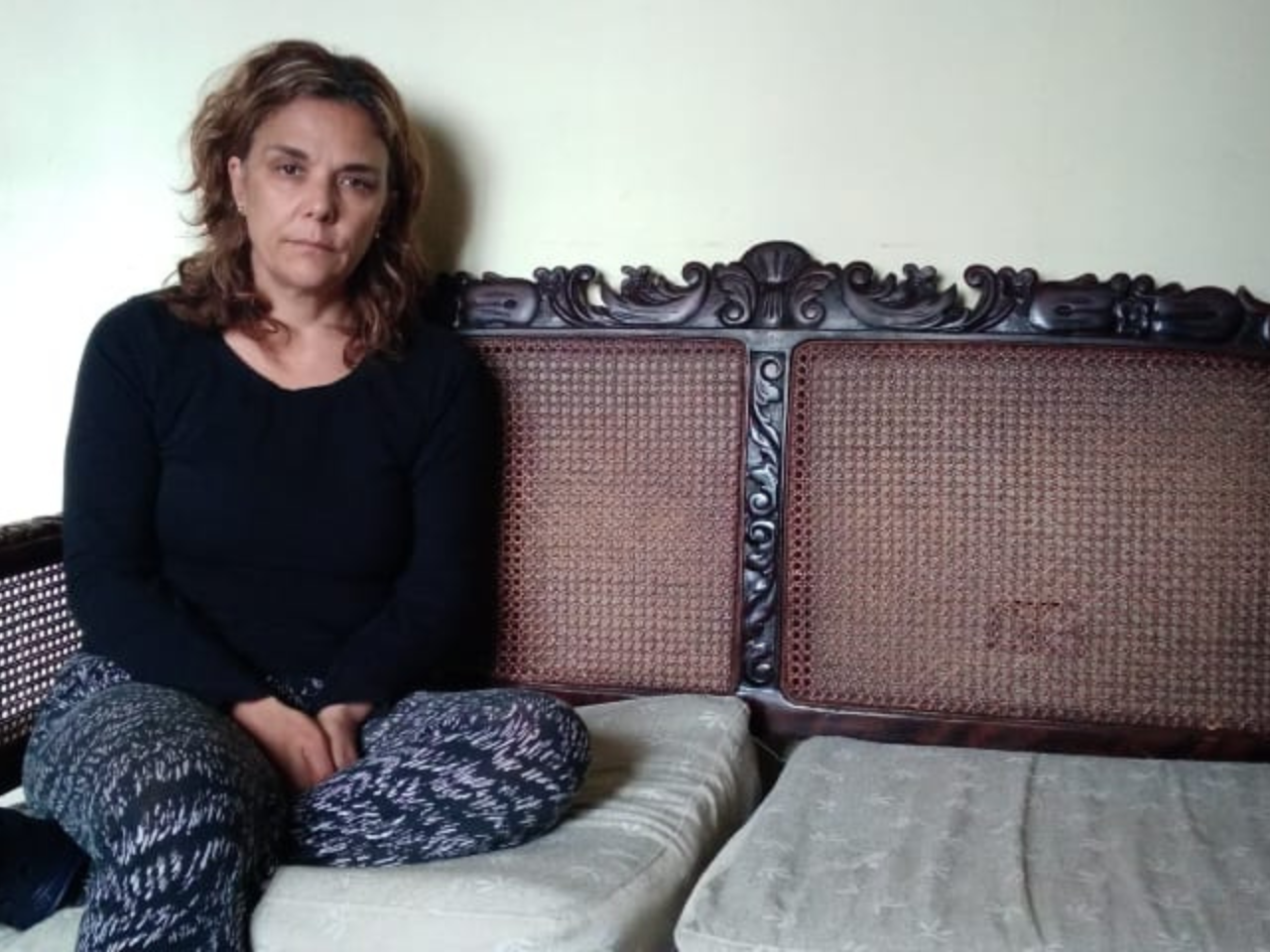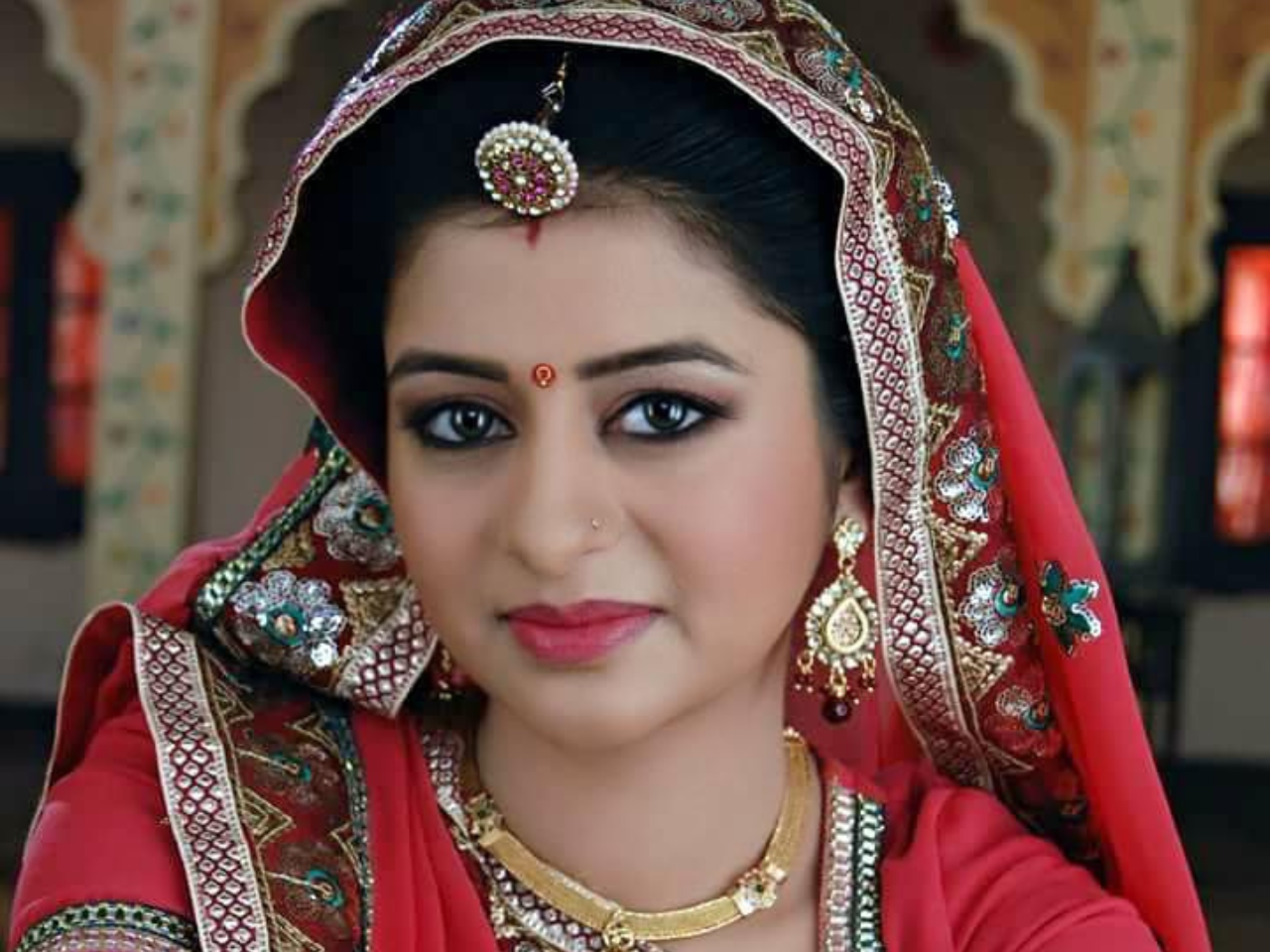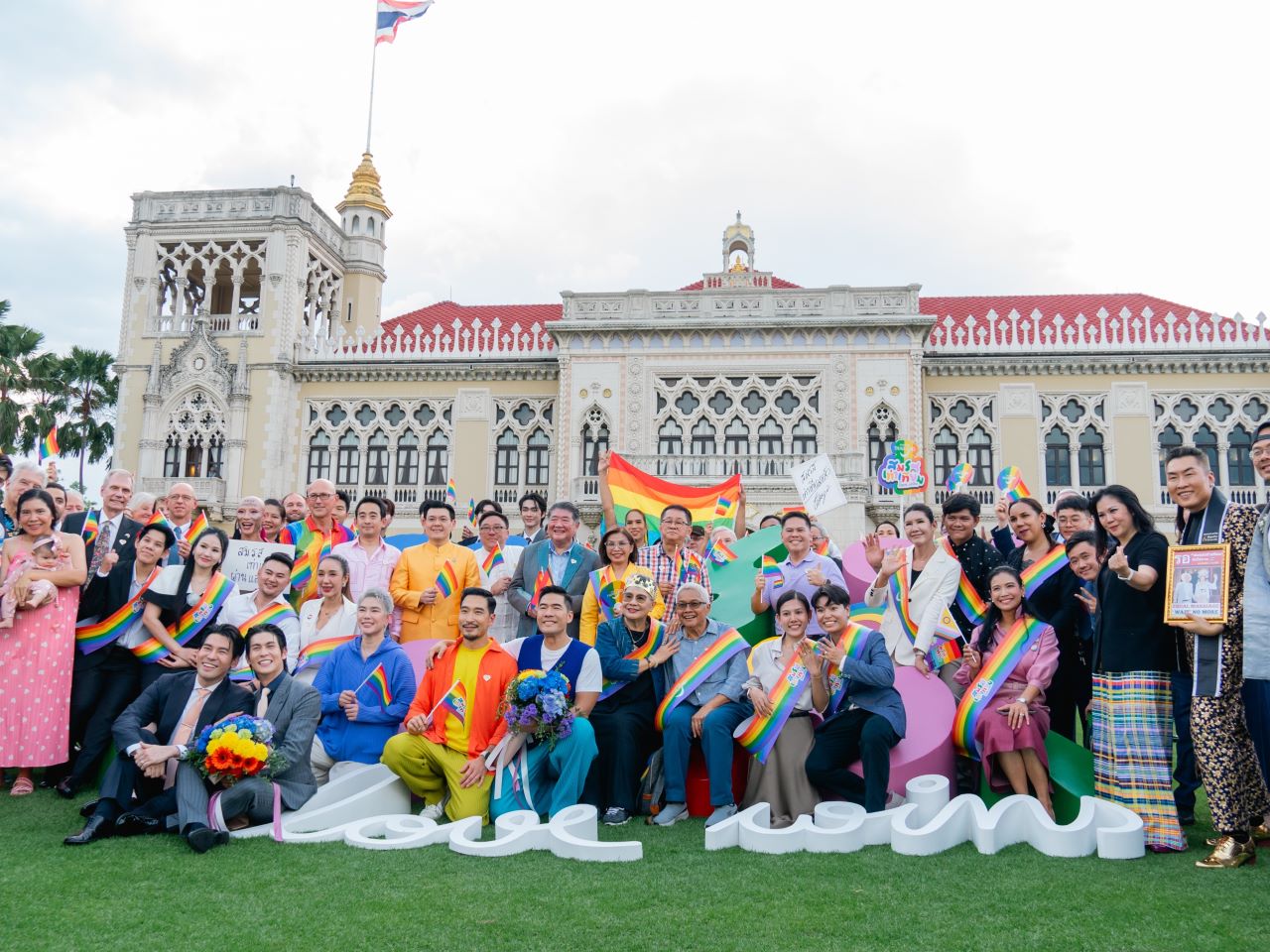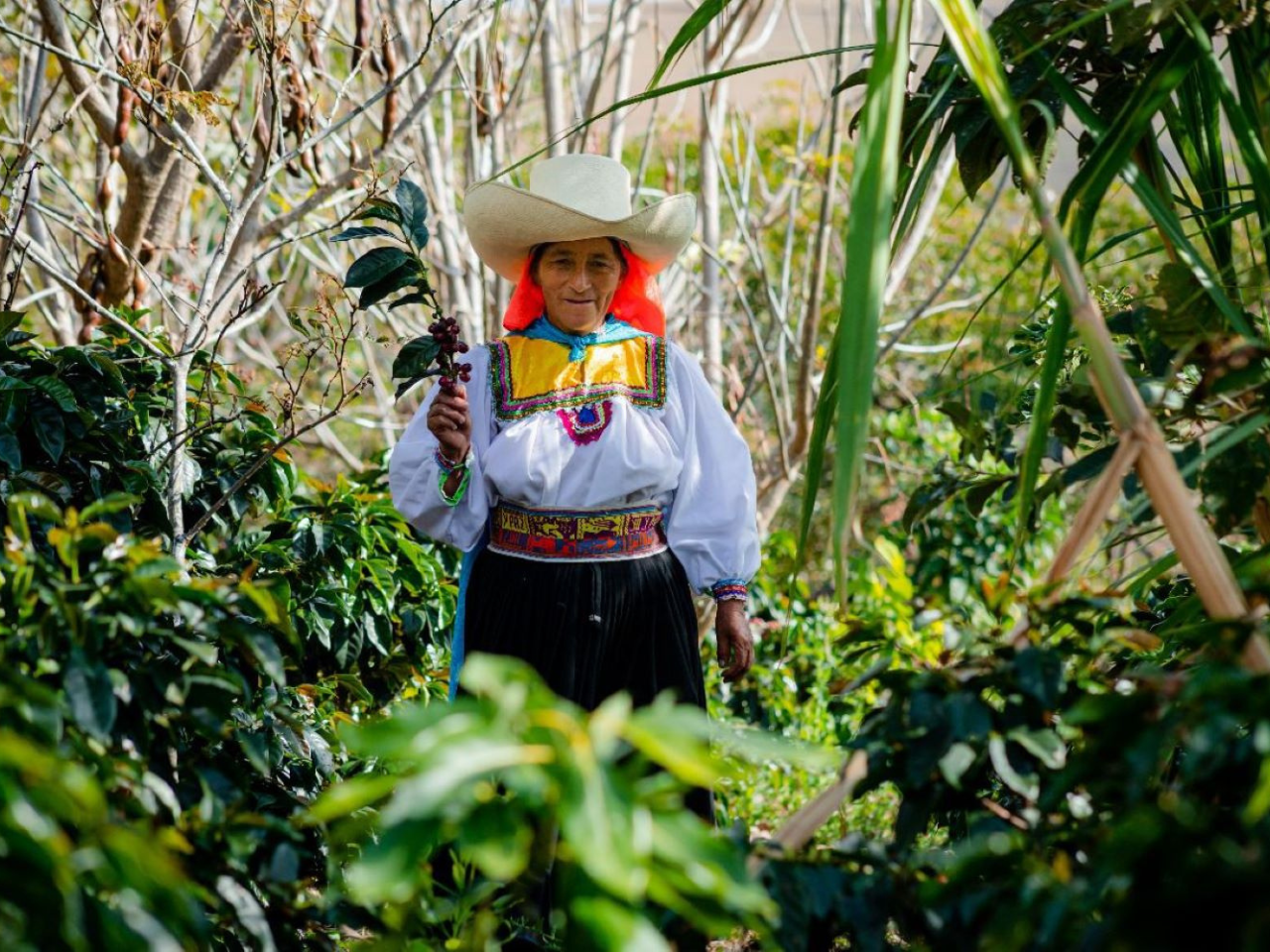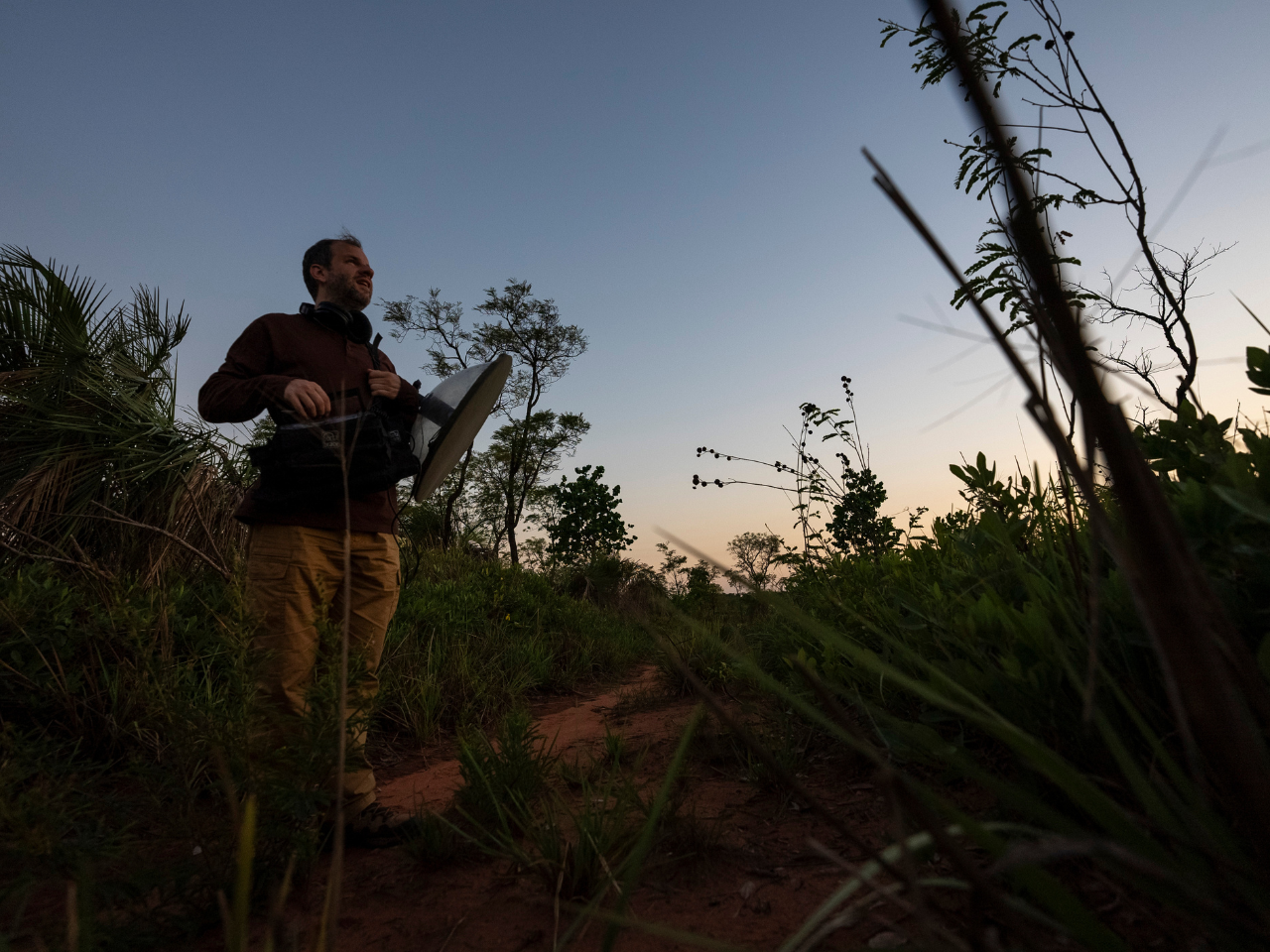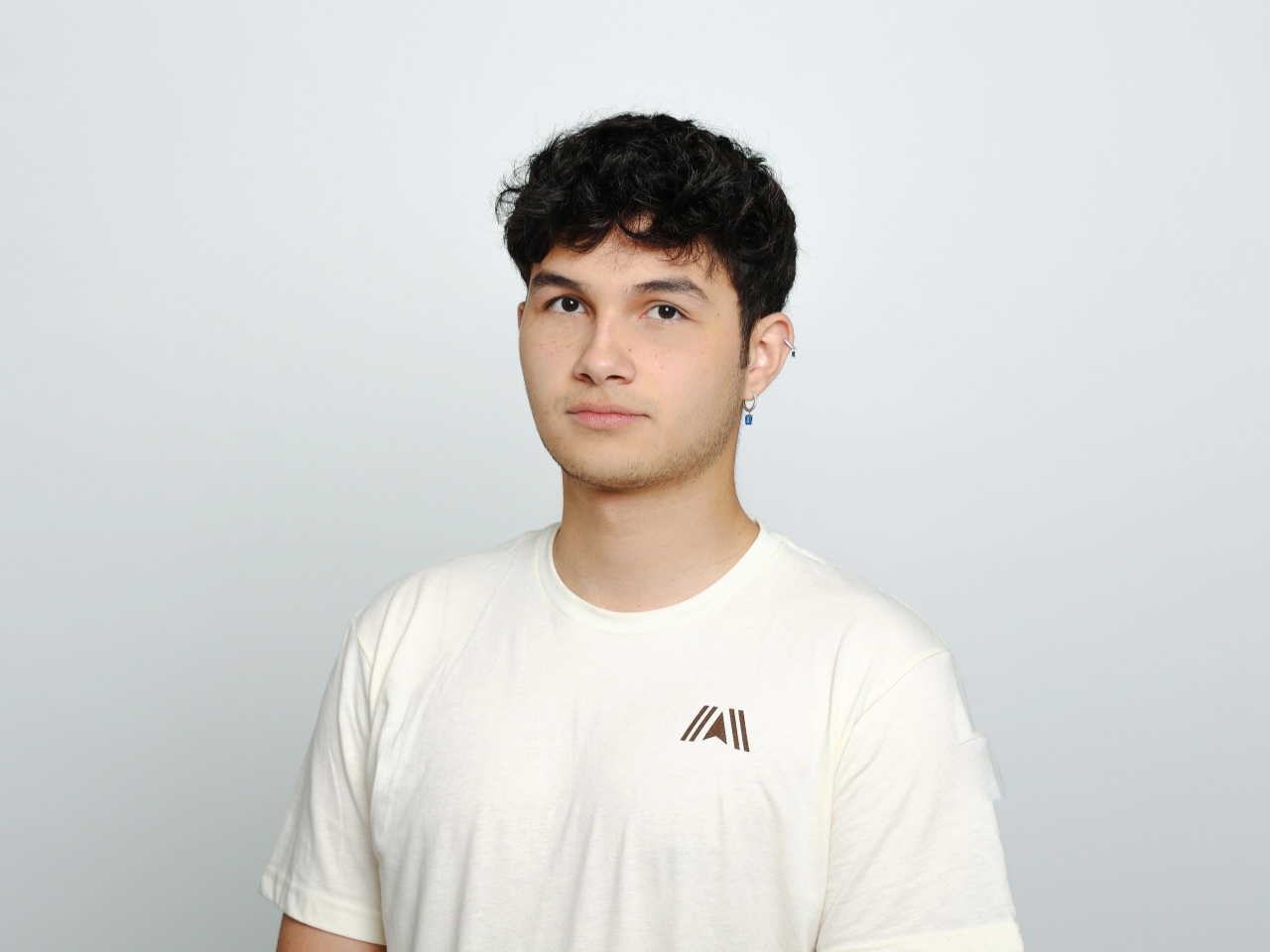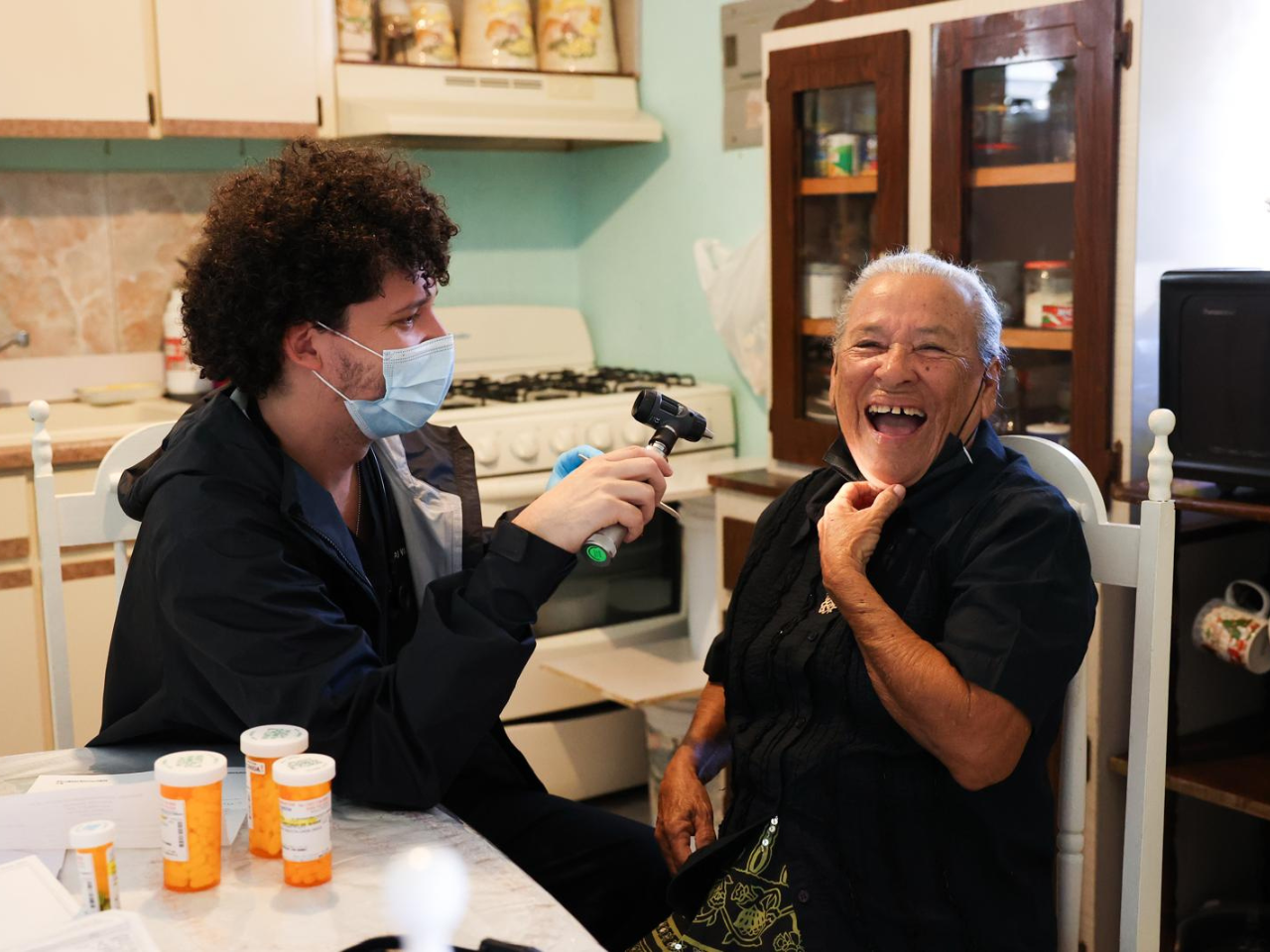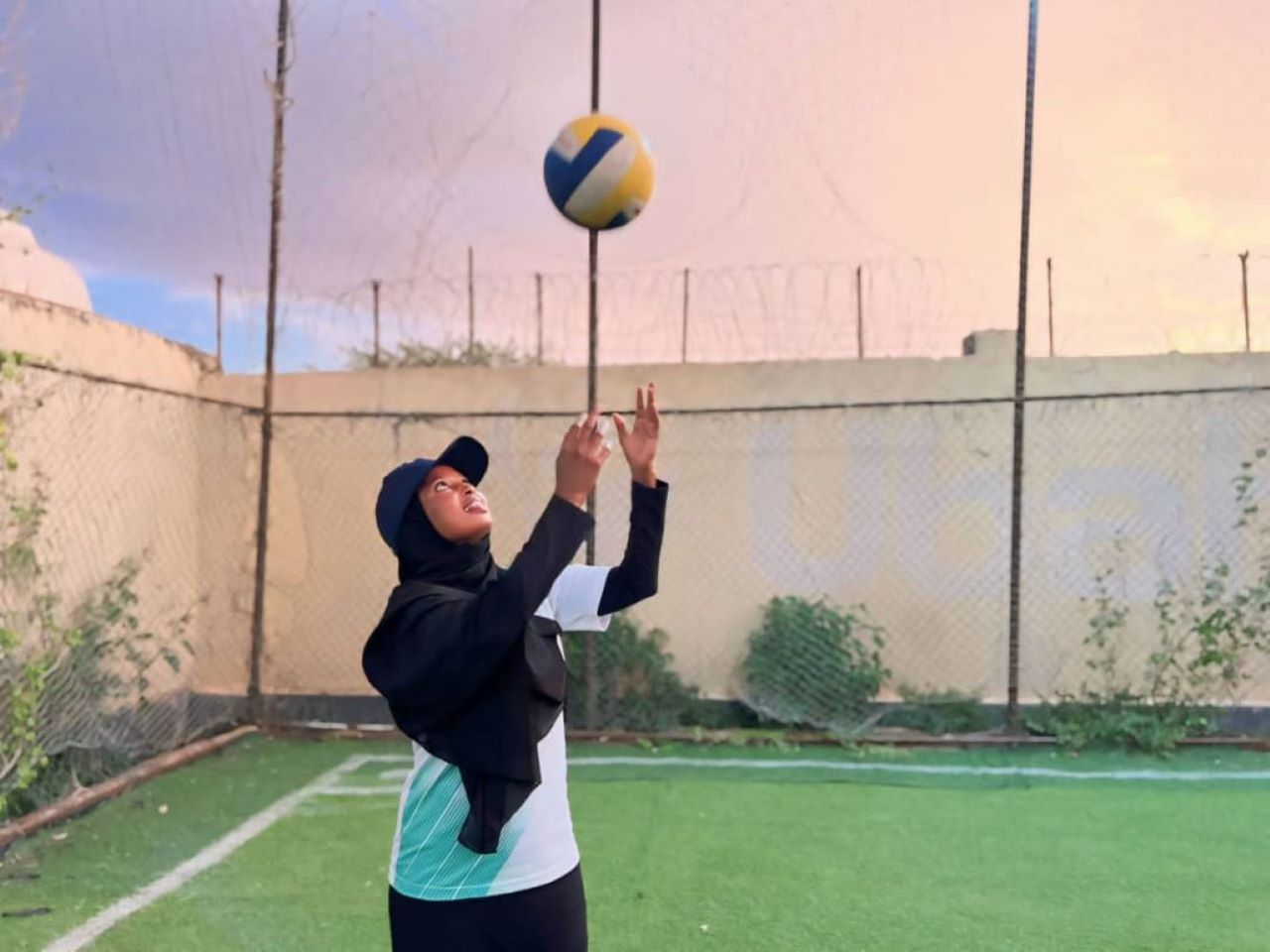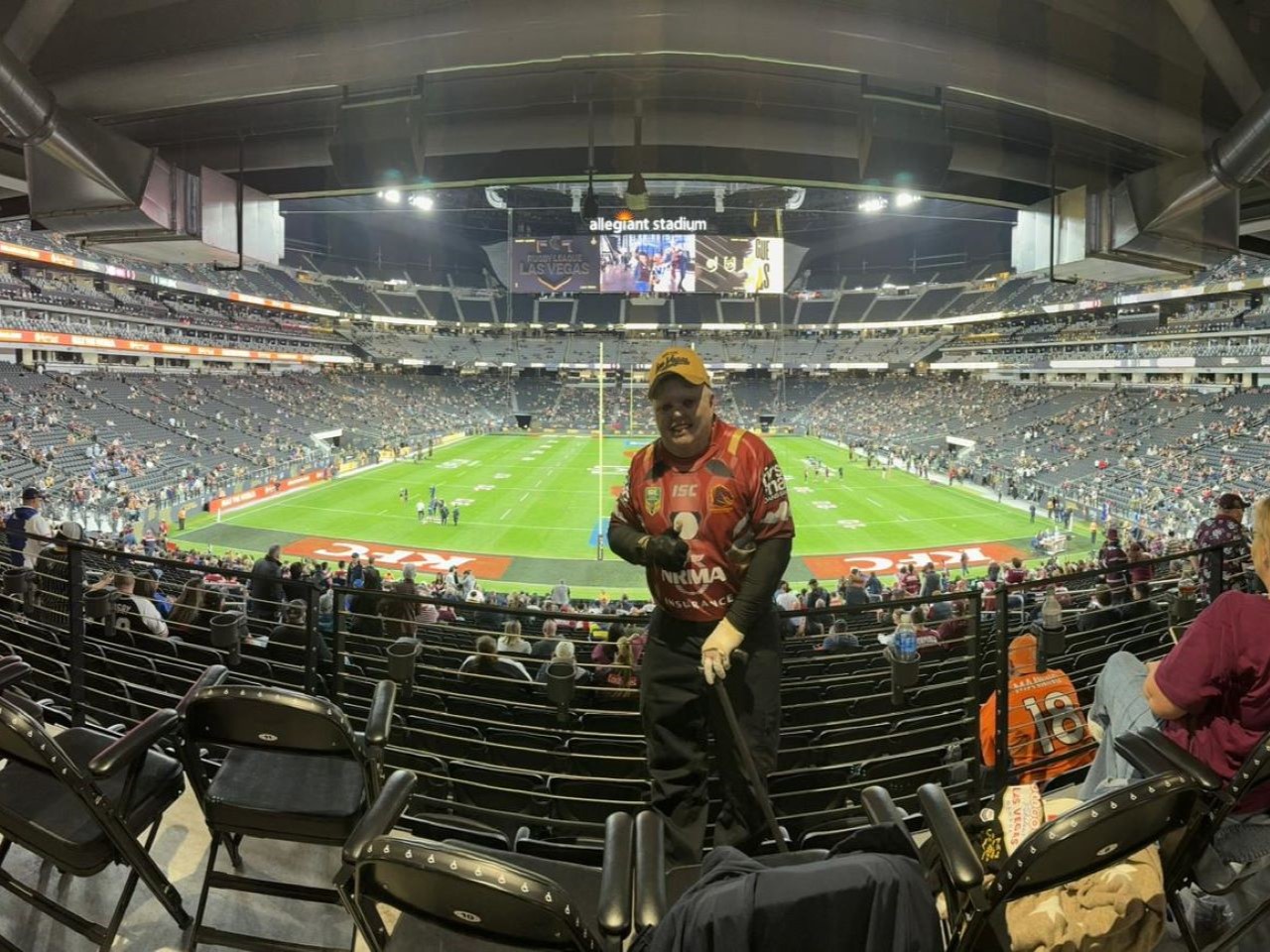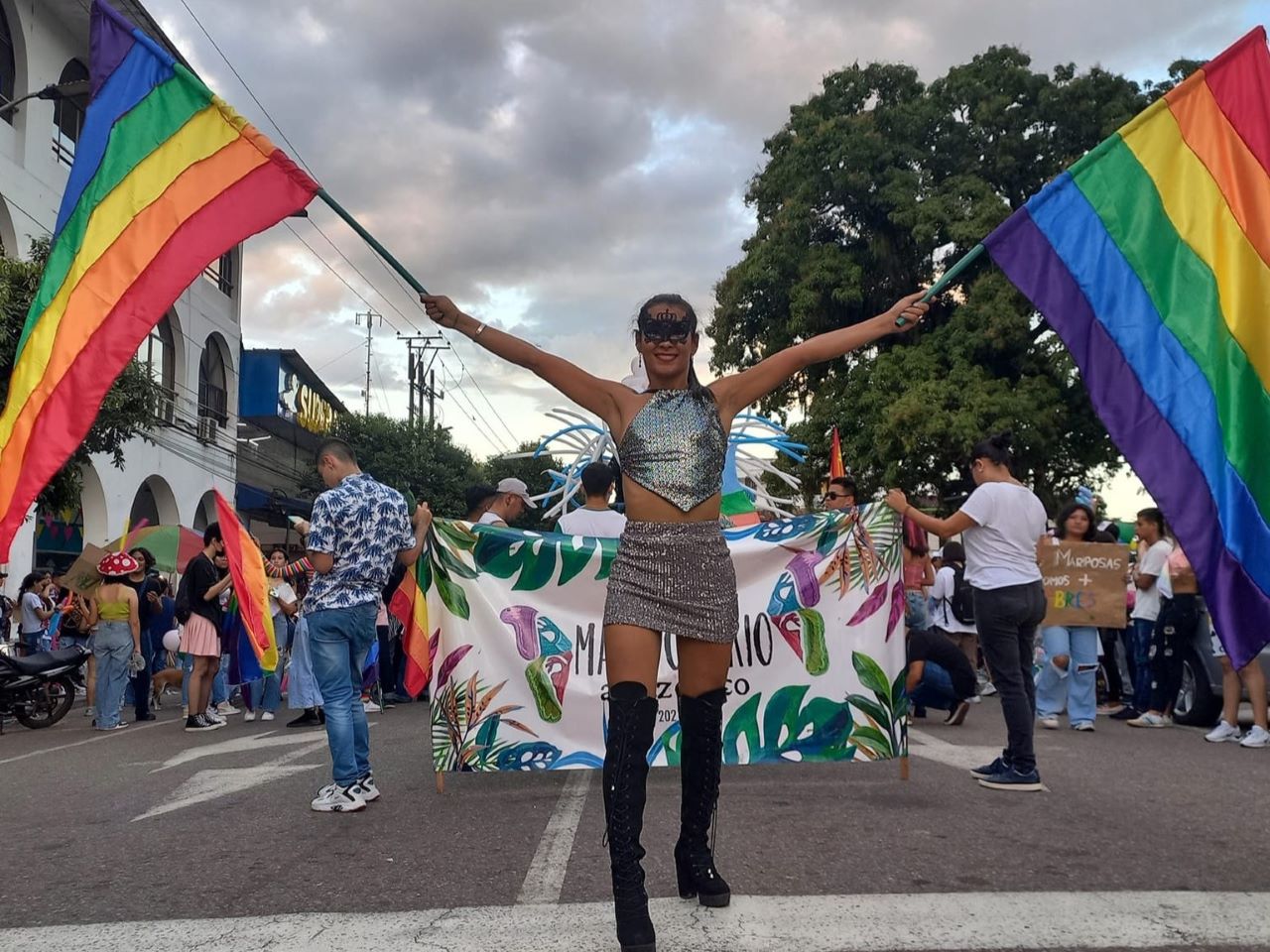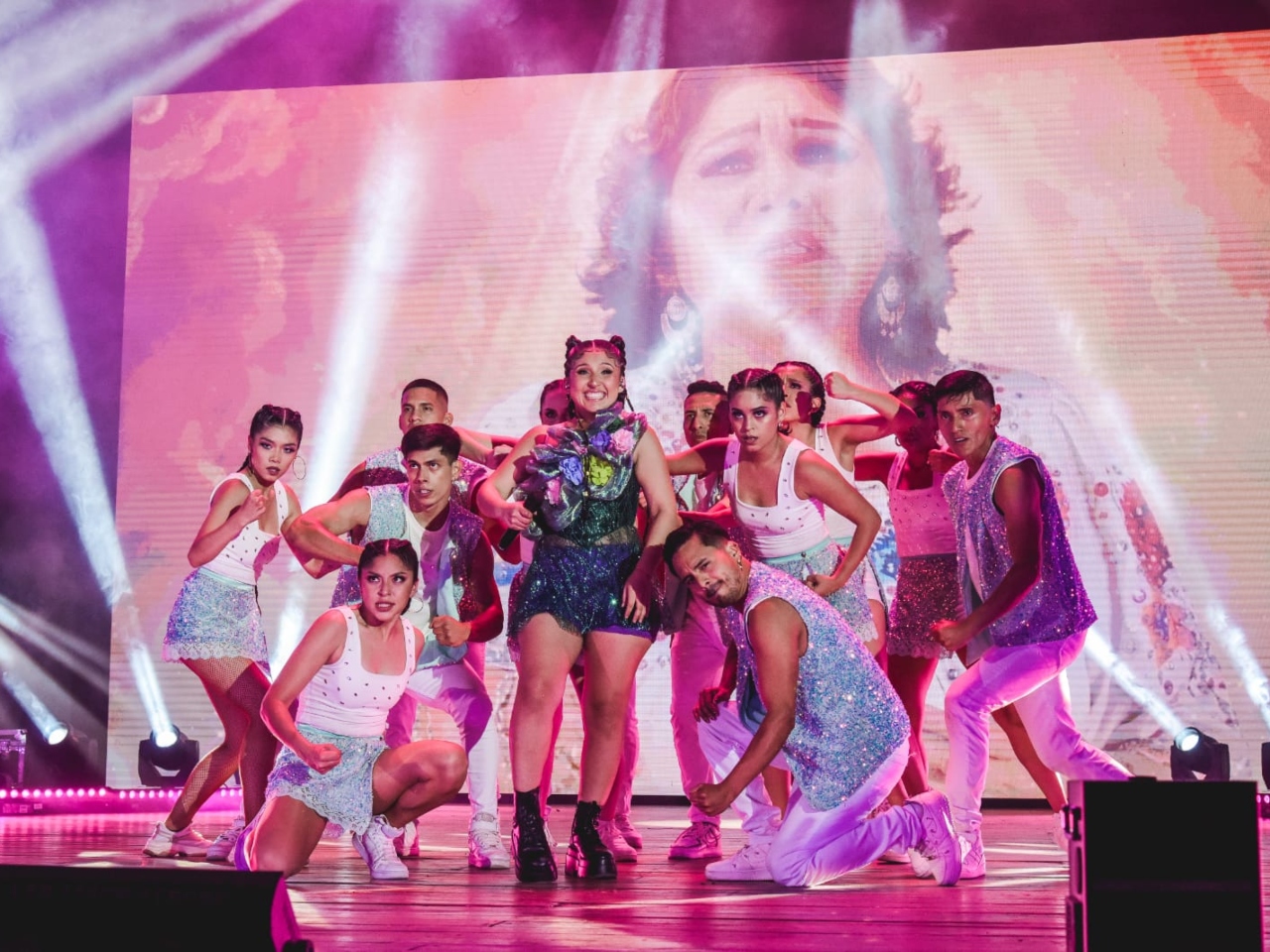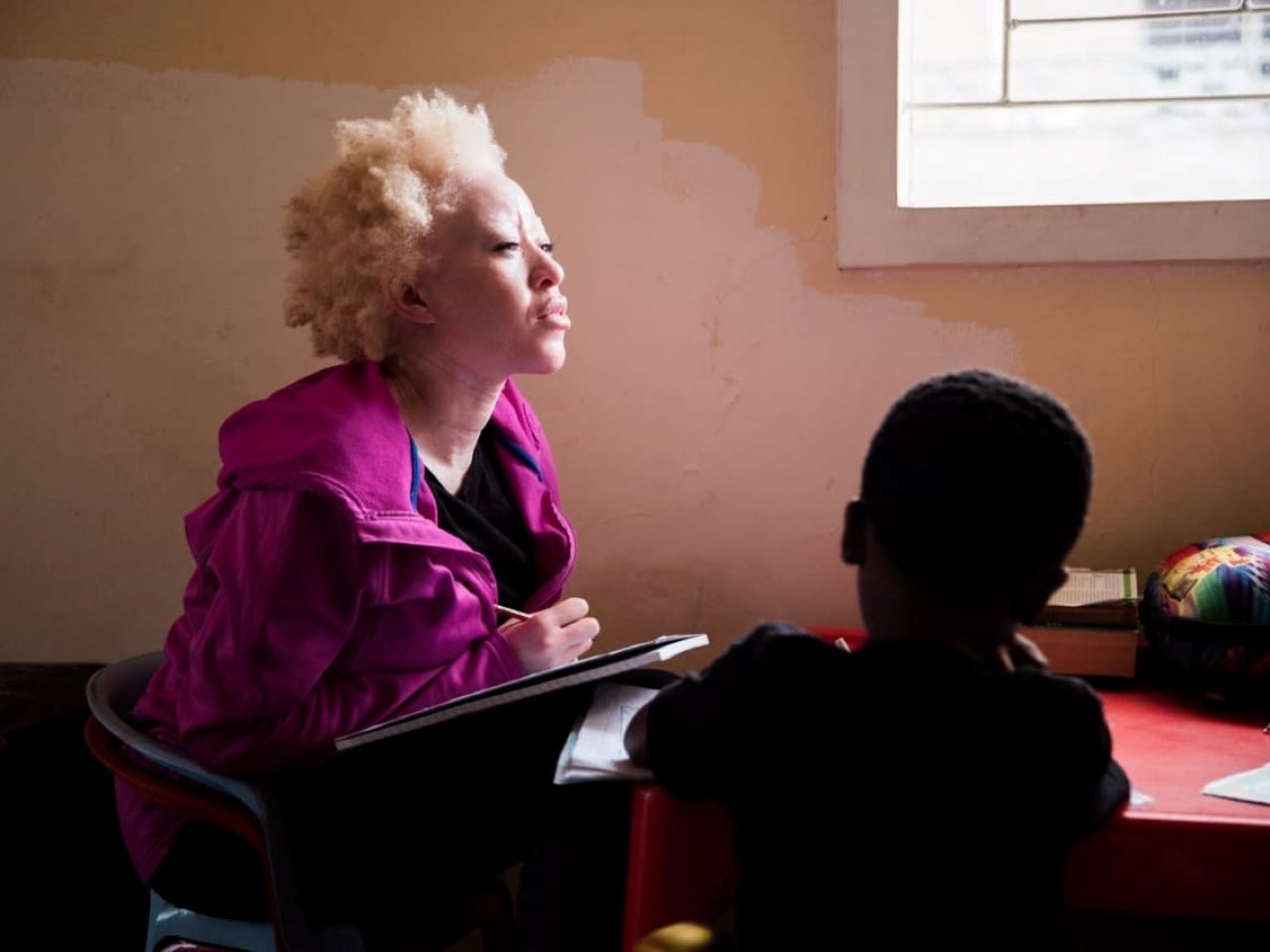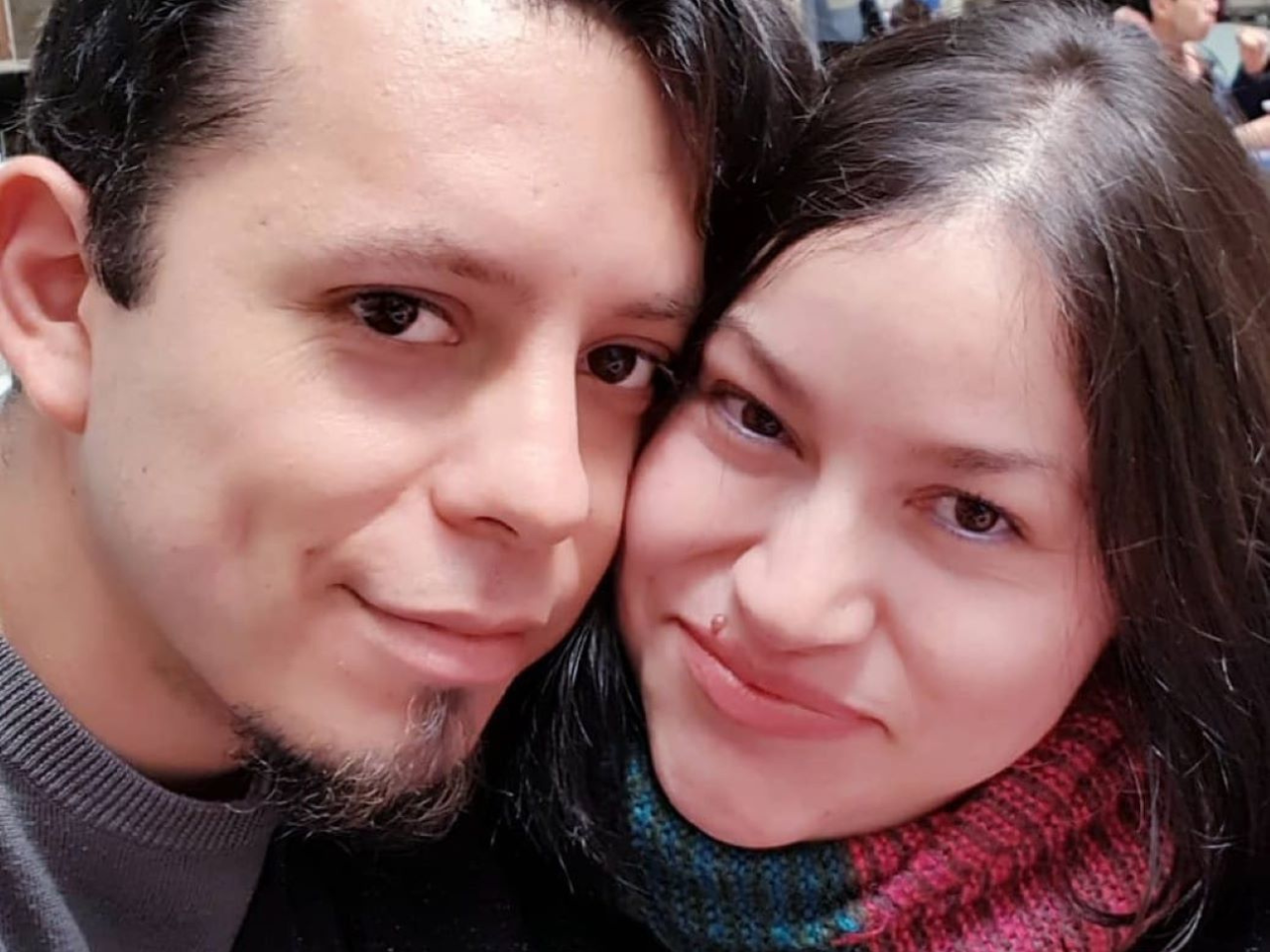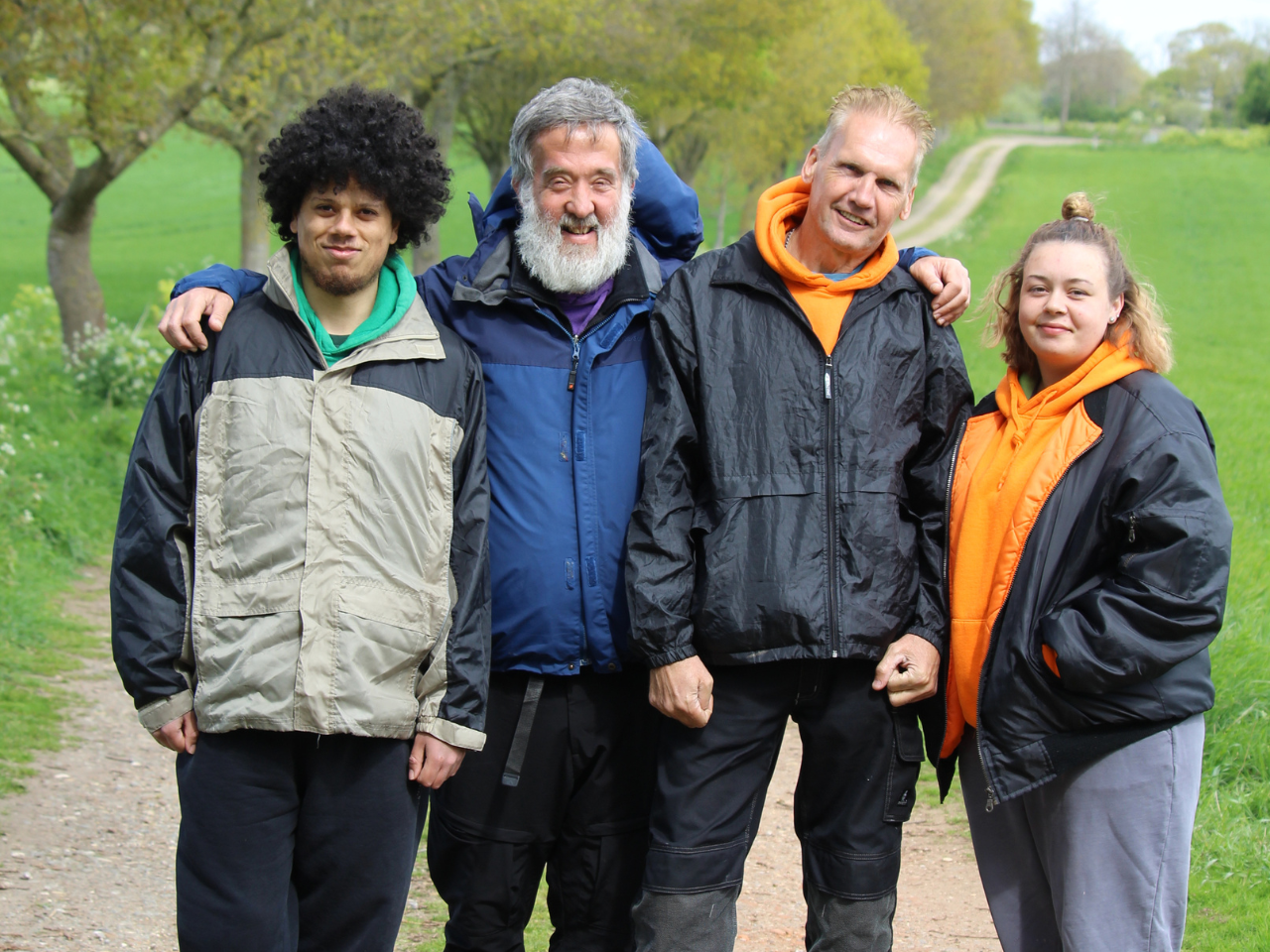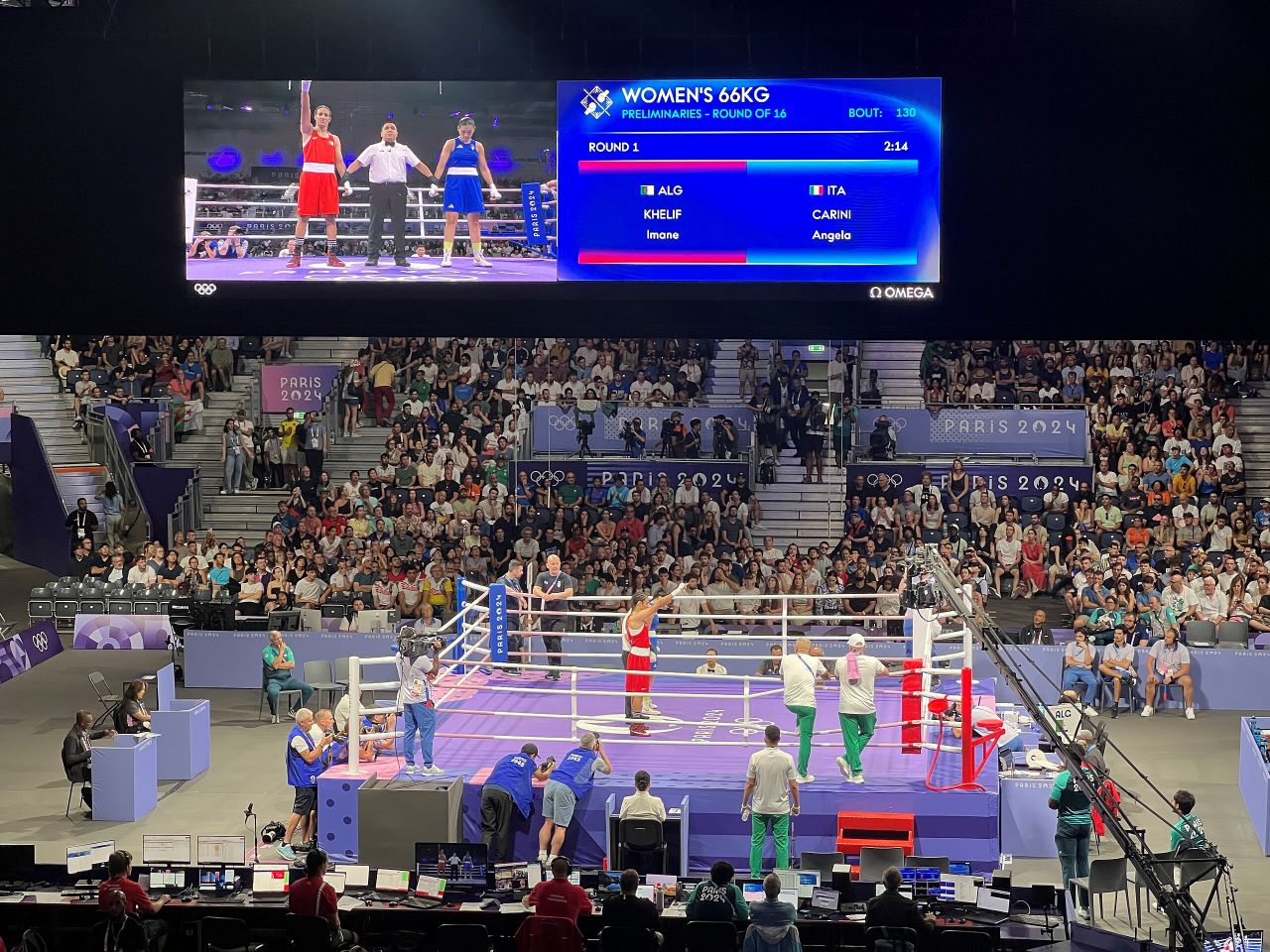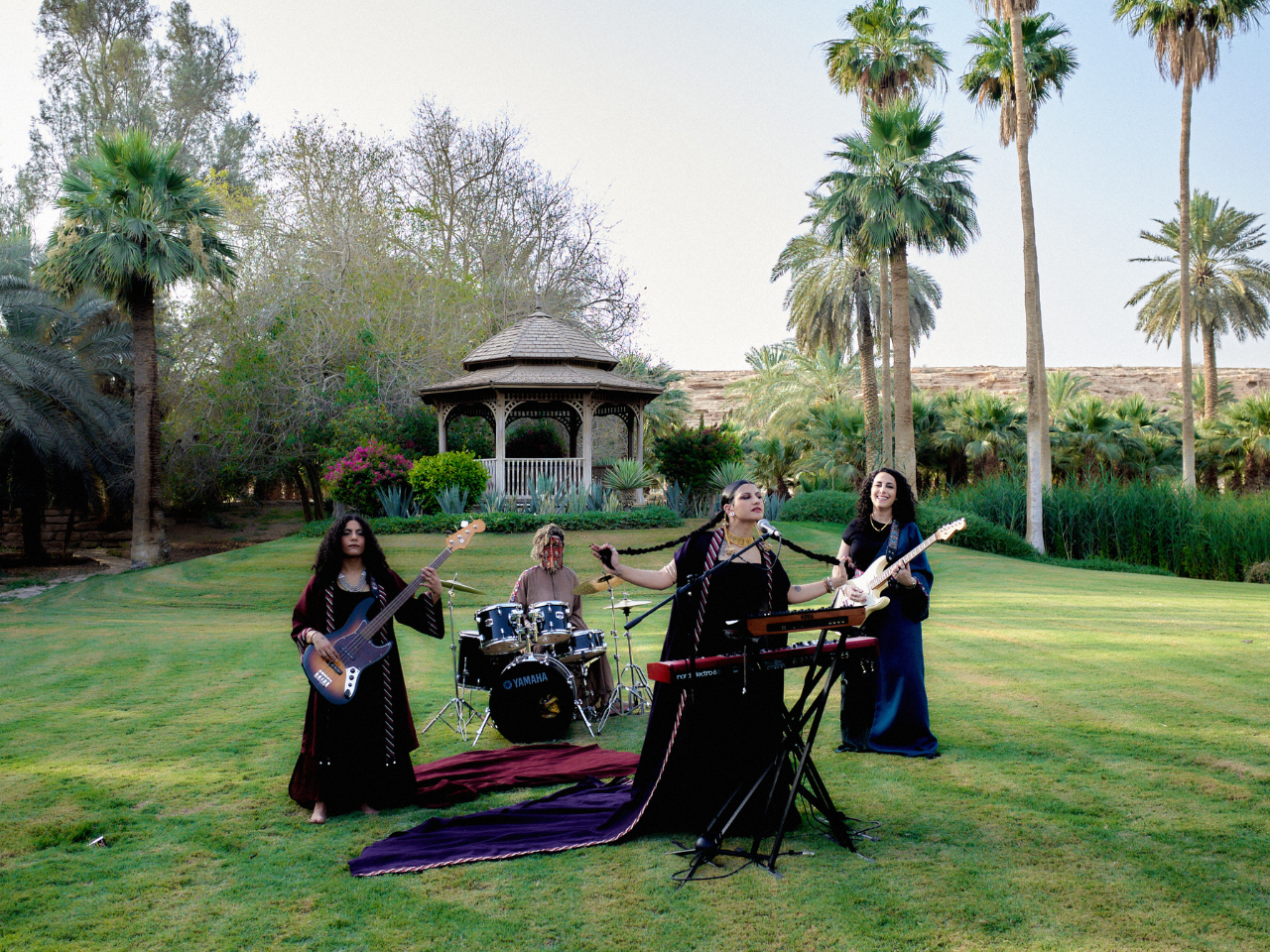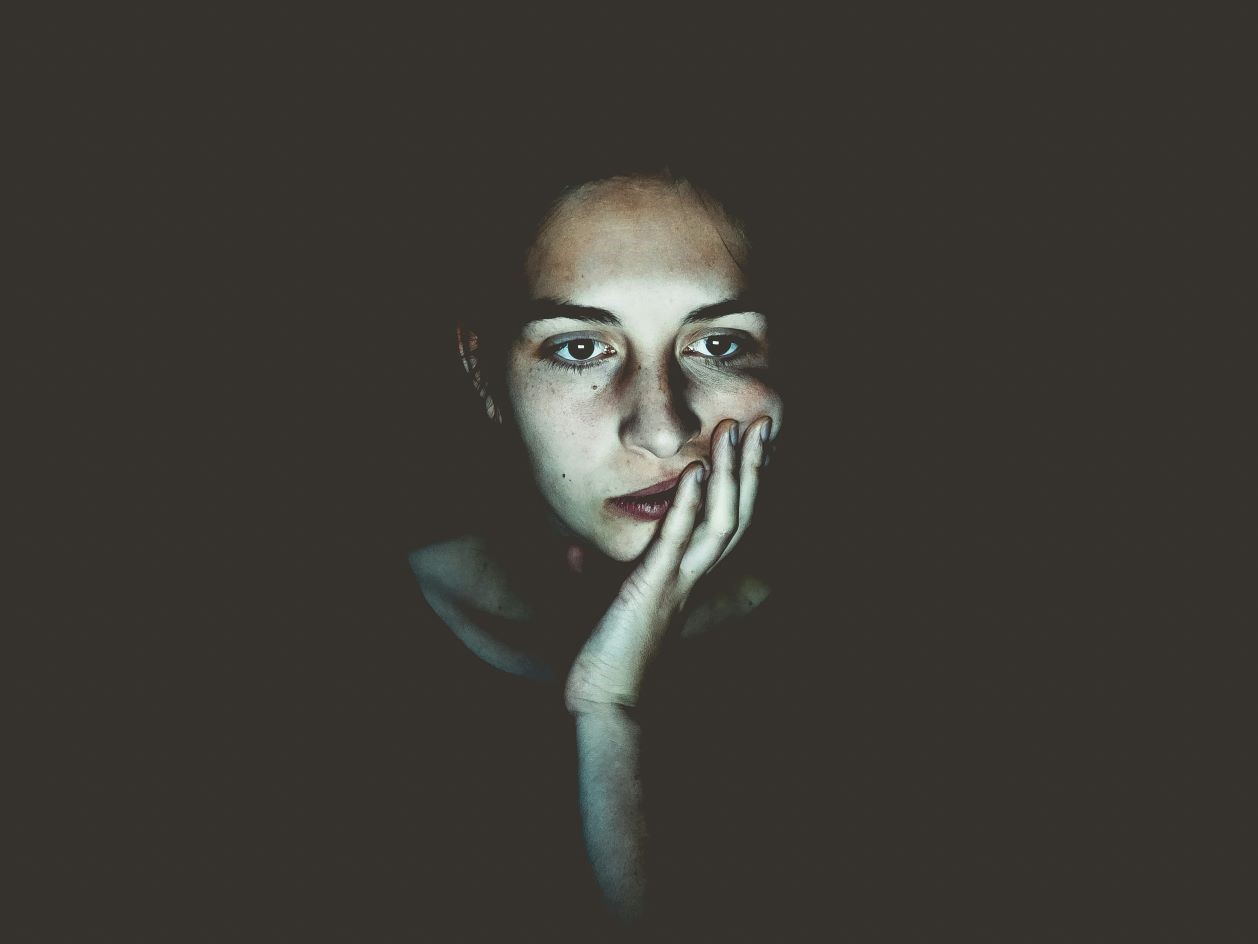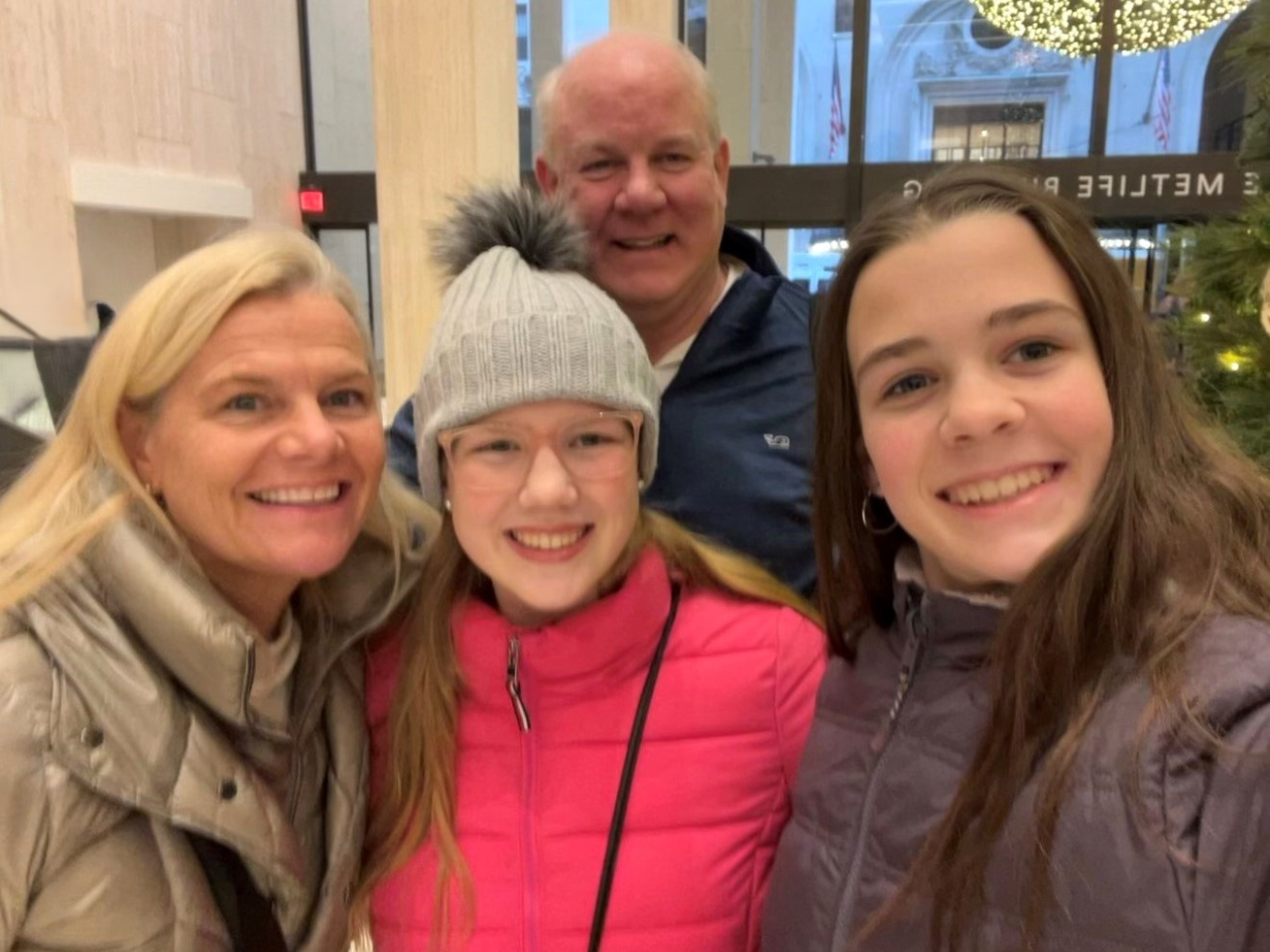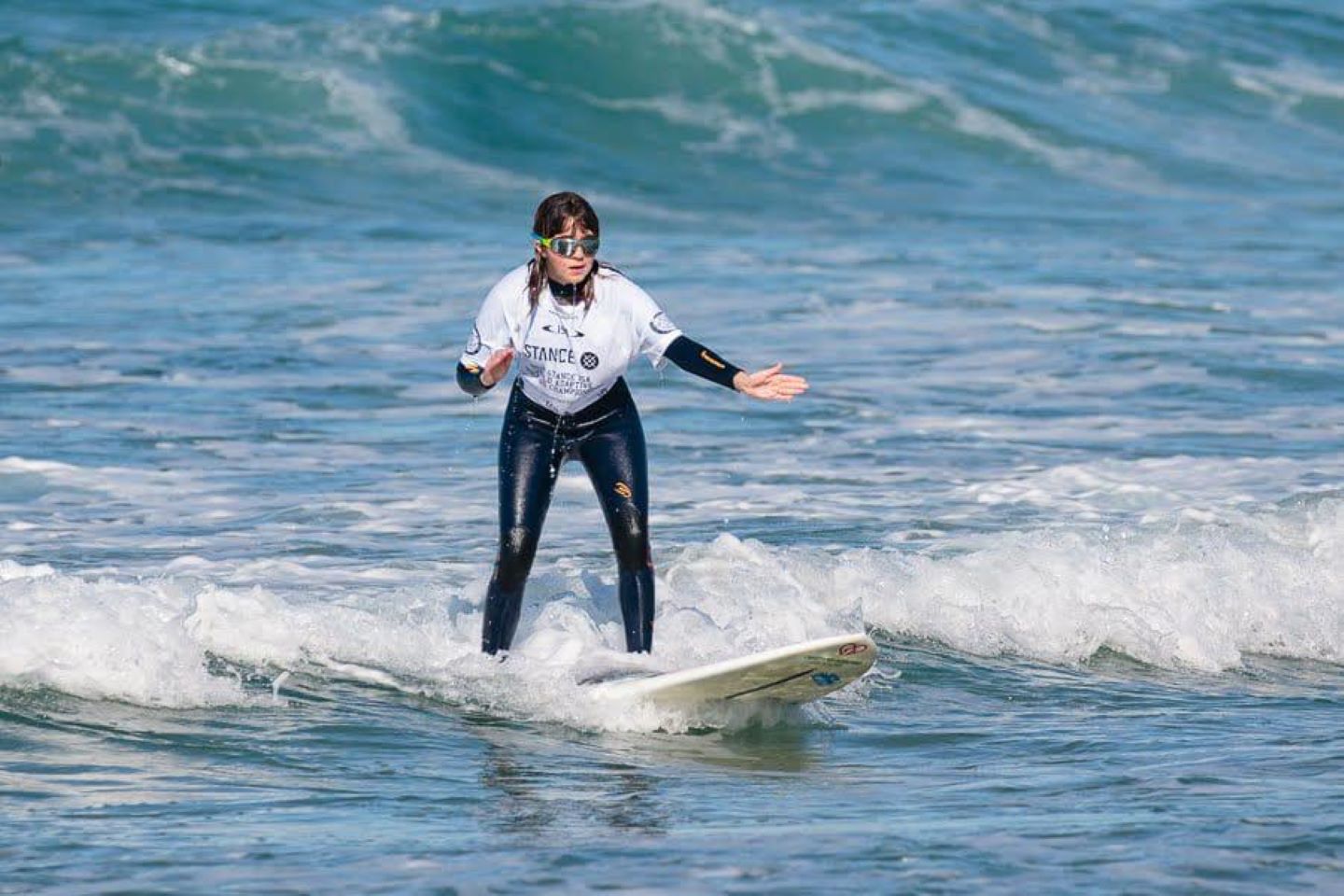Helping women deliver babies safely in Kenya
When COVID-19 isolated expectant mothers, Jemimah Kariuki founded an ambulance service exclusively for maternity care.
- 4 years ago
August 21, 2021

NAIROBI, Kenya — One day I read a story in the local newspaper about a woman who died in her house because she was afraid to go to the hospital as a result of government lockdowns and curfews.
As an obstetrician and gynecologist at the Kenyatta National Hospital, I wanted to do something to help women have safe deliveries during COVID-19.
I started a charity called “Wheels for Life” and have since received the World Health Organization’s Global Health Award.
Saving lives started with a simple tweet
I started my campaign and charity in 2020 with a tweet.
It read, “Hi any lady in this curfew and Covid time who feels they are unable to reach the hospital and they are in labor or have an emergency kindly reach out and I will do my best to intervene. #covid #letscreatesolutions #maternalhealth kindly RT that many can get help.”
I hoped that women in need of help, who were afraid to travel due to government curfews, would reach out instead of risking staying home and possibly dying. I went as far as giving out my mobile phone number on social media for people to contact me.
The first step included giving expectant mothers information and guidance for when their due date approached. I advised them not to panic when they experienced labor pains in the dead of night during curfew hours.
Still, fewer and fewer expectant mothers were coming to the hospital for deliveries. I wondered where they were delivering their babies and if they were safe. Did they even have doctors by their side?
Funding and public recognition strengthens the mission
It wasn’t long before I discovered the missing link. These pregnant mothers had no means of emergency evacuation nor a way to communicate with the available transportation options.
With “Wheels for Life,” I could send an ambulance to pick expectant mothers up from their homes and take them to the nearest health facility for safe delivery. I also set up a call center where mothers needing emergency delivery services could obtain help.
“Wheels for Life” offers free ambulance transportation for mothers experiencing labor during curfew hours.
In the early days of this campaign, I personally paid the expenses of those seeking help, but later supporters and financiers came on board.
Through public partners and corporate donors like the African Medical and Research Foundation (AMREF), Health Africa, and the Kenya Health Federation, we now reach more women in need.
The award from the World Health Organization has given me the motivation to soldier on with this work, together with my partners.
My efforts alone cannot reach every needy woman out there.
As “Wheels of Life” turns a year old, am hoping to see many more initiatives spring up, especially during this time.
This award may have come to me, but it is for all the expectant women in the world. It is a reflection of the smiles on the faces of the little angels born out of our efforts.
I want to believe that in this century of information and advancement, no woman should lose her life while trying to give life.

